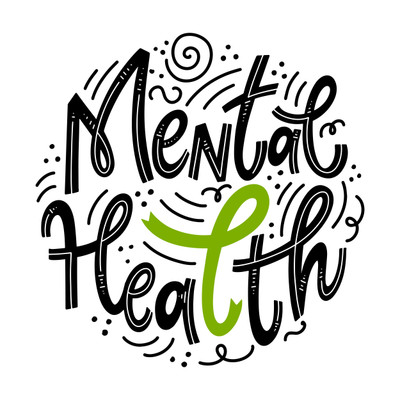Sex and Mental Health
Tori Douglas on May 31st 2023
Sexual health is health. We have said it again and again here on the Badd Kitty blog. This includes mental health. Actually, the tie between sexual health and mental health is a tight one. Mental health and sexual health feed off of each other in many ways. Having good health in one area can lead to good health in the other.
Sex can be a touchy subject, as can mental health. It is really no wonder the two concerns are linked so closely. Healthy sex, and a healthy attitude towards sex, can go a long way toward good mental health. Sex can boost your mood and help with anxiety. However, mental health can also get in the way of healthy and enjoyable sex. Problems like OCD, anxiety, depression, and other mental health issues can crop up in the bedroom, making it hard to have a healthy and pleasurable sex life. We as a culture should work to normalize talking about both mental and sexual health.
We all know that sex boosts serotonin, which can elevate mood and help with mental health issues such as anxiety and depression. Sex can also lead to better sleep, which helps mental health. It is also great for self esteem. The link goes so much deeper than that.
Anxiety is a big factor in sexual performance. Anxiety can cause erectile dysfunction and can make it hard to reach orgasm. It seems to go without saying that if you have anxiety during sex, you are not going to be able to relax and enjoy yourself. This makes sexual pleasure and intimacy with your partner hard to achieve. Anxiety about sex or your sexual performance can leech the pleasure out of sex, causing problems with arousal and orgasm.
Depression can also cause sexual dysfunction in men and women. Depression often makes it harder to feel pleasure, taking the desire and arousal out of sex. In fact, it can cause women to experience pain during sex. If the desire and pleasure is not there, sex becomes a function instead of a joy. Depression puts a damper on desire both within relationships and with finding partners.
PTSD can also affect your healthy sex life. Studies have shown people who suffer from PTSD can have less satisfying sex lives. They are also more likely to suffer from postcoital dysmorphia, or a feeling of negative emotion after sex.
People who suffer from OCD can have unwanted, intrusive thoughts during sex that take them out of arousal and into mental discomfort.
Sex and eating disorders are closely linked. Those with body dysmorphia can have a hard time letting a partner see them naked or relaxing while in a sexual situation. Issues of a positive body image and self esteem make desire and arousal difficult. Fear of intimacy and rejection can make a healthy sex life nearly impossible.
Sexual health and mental health are cyclical. Having good health in one area can feed over to better health in the other. Take care of one, and the other may follow.

